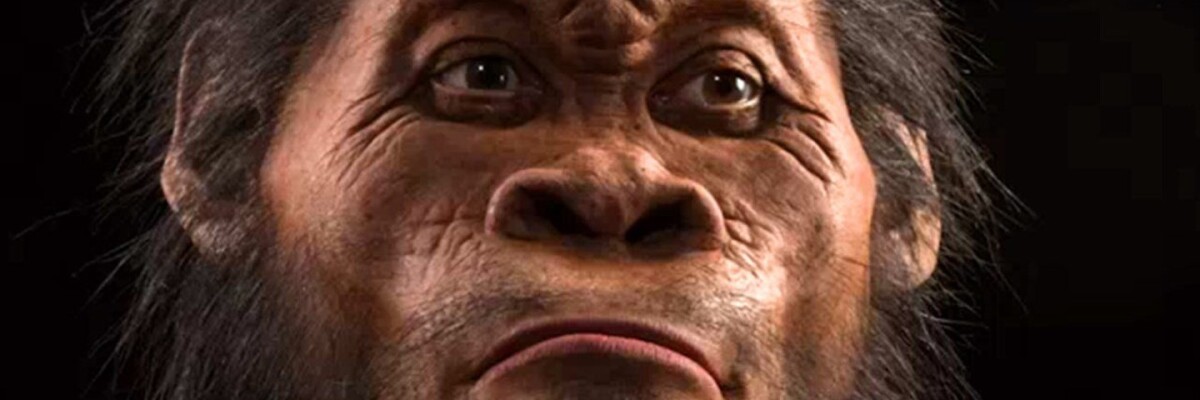British scientists have found another reason that triggered the evolutionary change of ancient people’s faces making them softer and more refined.
It is no secret that our faces differ greatly from those of our distant ancestors. Four million years of evolutionary change, as a response to the changing climate and landscape, the prevailing food and other external factors, have done their part. However, according to a professor of anatomy at the University of York, human sociality has also influenced the process. Our ancestors started using facial expressions for better interaction, so nature gradually softened their features to make them look the way they do today.
Skin, bones and muscles allow us to express about 20 different emotions without any words, but ancient people did not have this tool. Their faces were harsh and inexpressive, but close interaction, the establishment of social ties created the need for expressing joy, sympathy, surprise and other feelings. This certainly does not supersede the influence of other reasons, but gives a more comprehensive view of the issue.
Share this with your friends!





Be the first to comment
Please log in to comment